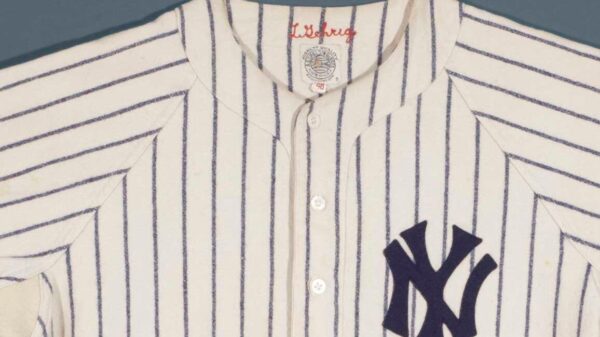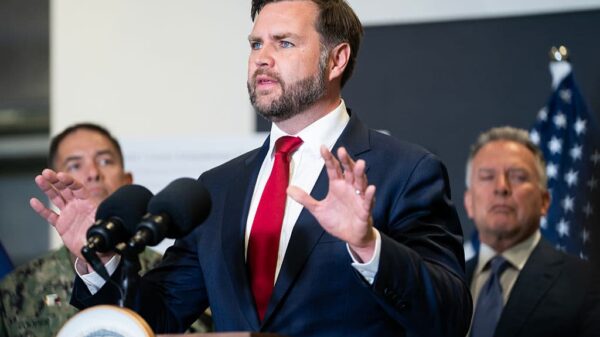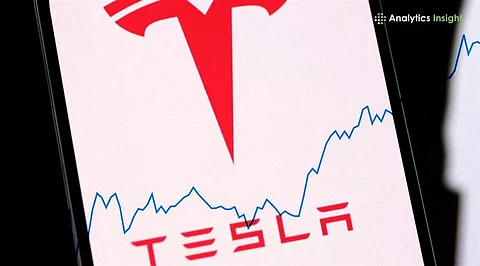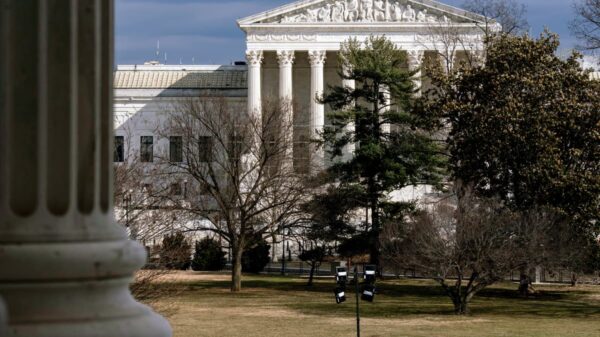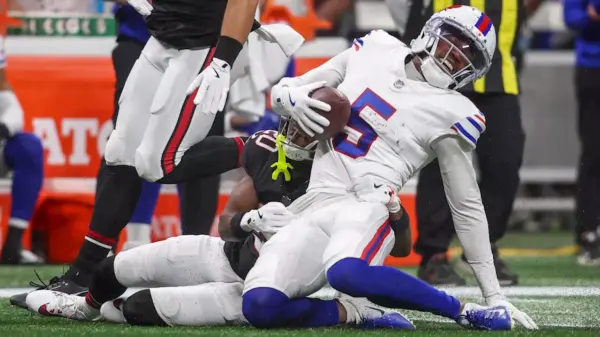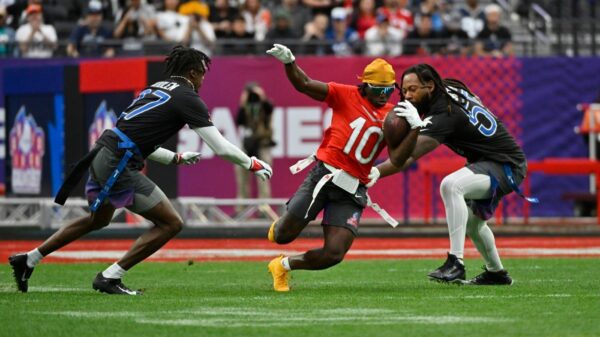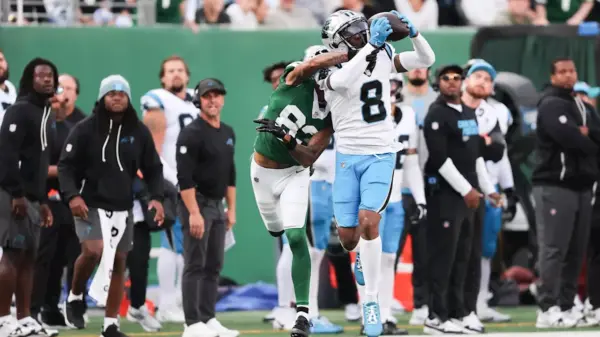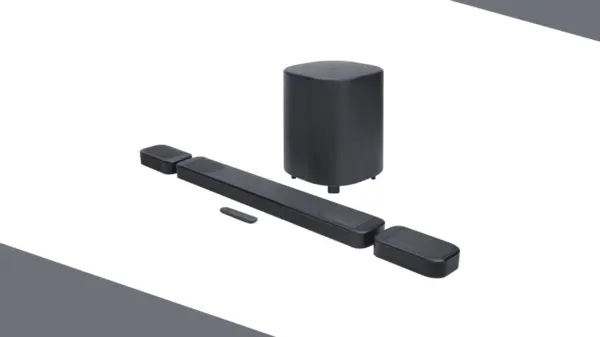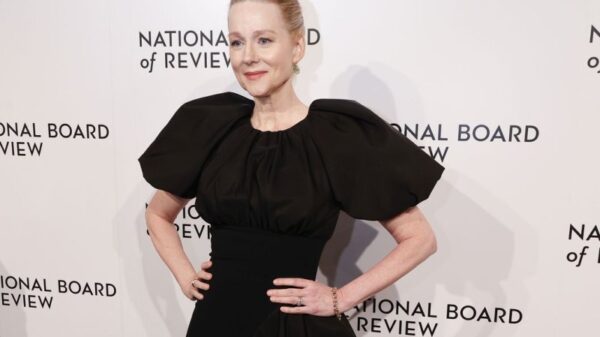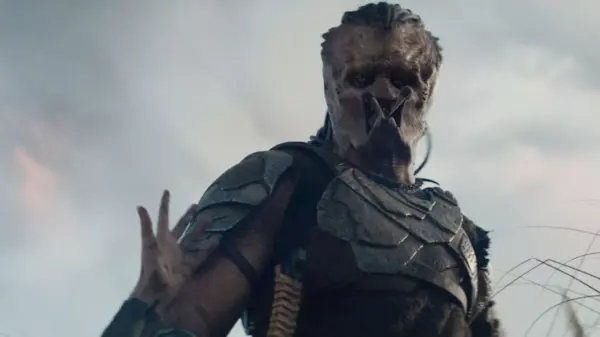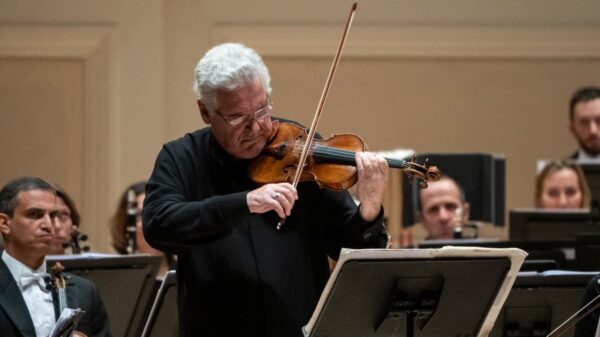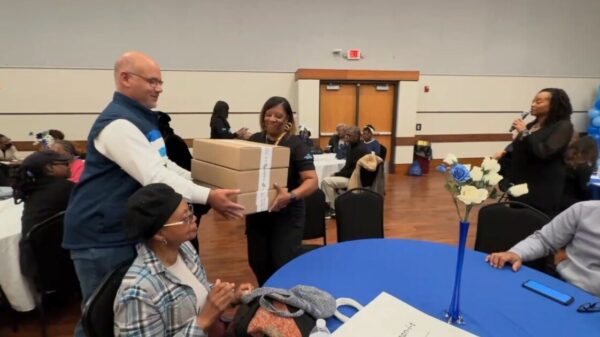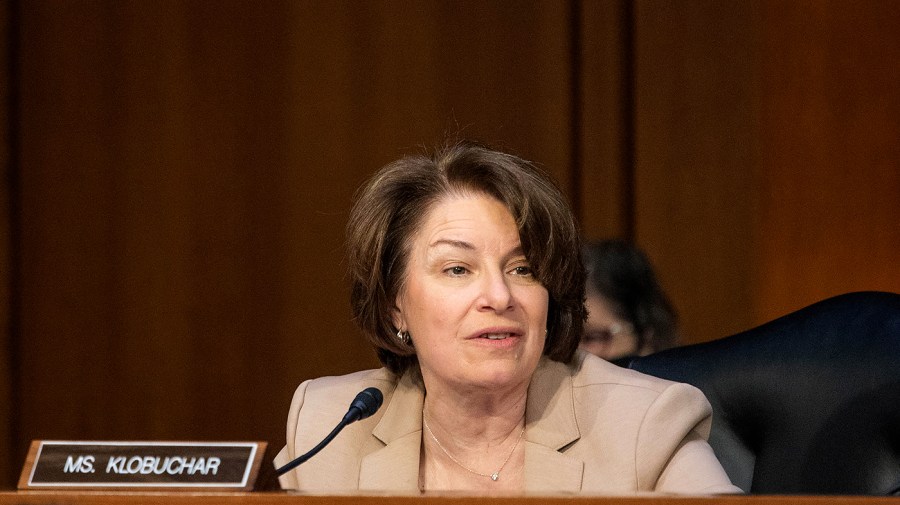Senator Amy Klobuchar (D-Minn.), a leading Democrat on the Senate Agriculture Committee, has raised concerns about a Republican-backed proposal that would grant Alaska and Hawaii special exemptions in a plan to reduce federal funding for the Supplemental Nutrition Assistance Program (SNAP). The proposal is part of a broader legislative package aimed at advancing former President Trump’s tax priorities.
The proposed changes would require some states to assume a share of SNAP benefit costs, currently funded by the federal government, for the first time. However, Republicans are considering exemptions for Alaska and Hawaii, a move that has sparked internal debate within the GOP and drawn criticism from Democrats.
Special Treatment or Necessary Exemption?
Klobuchar questioned the fairness of granting special treatment to only two states. “Two states, they threw in Hawaii, two states get this special treatment, and no one else,” she told The Hill. “If they get that treatment, maybe every other state should, you know, maybe we should be doing that for Wisconsin. Maybe we should be doing that for Iowa.”
The exemption for Alaska and Hawaii is seen as a response to the unique challenges faced by these noncontiguous states. However, Klobuchar argues that the cost shift to states is significant, stating, “This cost shift to the states is the biggest cost shift in the bill.”
Republican Defense and Internal Dynamics
Alaska’s senators, including Dan Sullivan (R), have defended the exemptions, arguing they are necessary to protect the most vulnerable populations in their states. Sullivan accused Democrats of attempting to remove provisions that would benefit Alaska and Hawaii. “Everything that we’re trying to do for Alaska and Hawaii, Schumer and the Democrats strip it,” Sullivan said, urging his colleagues to maintain the exemptions.
The decision now hinges on a ruling from the Senate parliamentarian, which will determine if the proposal complies with the Byrd Rule. This ruling could influence whether Senator Lisa Murkowski (R-Alaska) decides to support the bill.
Implications of the SNAP Proposal
The SNAP proposal includes a provision that would require states with a payment error rate above 6 percent to cover a portion of SNAP costs starting in fiscal 2028. This change aims to incentivize states to reduce their error rates. However, Alaska’s current payment error rate stands at 24.66 percent, the highest in the nation, according to recent figures from the U.S. Department of Agriculture.
By the Numbers: The national average payment error rate is 10.93 percent, significantly lower than Alaska’s 24.66 percent.
Republicans argue that the proposal encourages states to improve their error rates, while Democrats fear it could lead to benefit cuts. The bill includes a “waiver authority” section that could exempt Alaska and Hawaii if they are actively working to reduce their error rates through corrective action plans.
Historical Context and Future Outlook
The debate over federal versus state responsibility for social programs is not new. Historically, federal programs like SNAP have been fully funded at the national level to ensure uniformity and prevent disparities among states. The current proposal represents a significant shift in this approach.
Looking ahead, the outcome of this legislative battle could set a precedent for how federal assistance programs are managed and funded. If the exemptions for Alaska and Hawaii are upheld, other states may seek similar treatment, potentially reshaping the landscape of federal assistance programs.
As the Senate awaits the parliamentarian’s decision, the future of the SNAP proposal remains uncertain. Lawmakers on both sides of the aisle will continue to negotiate and advocate for their constituents’ needs, with the potential for significant impacts on state budgets and vulnerable populations across the country.




